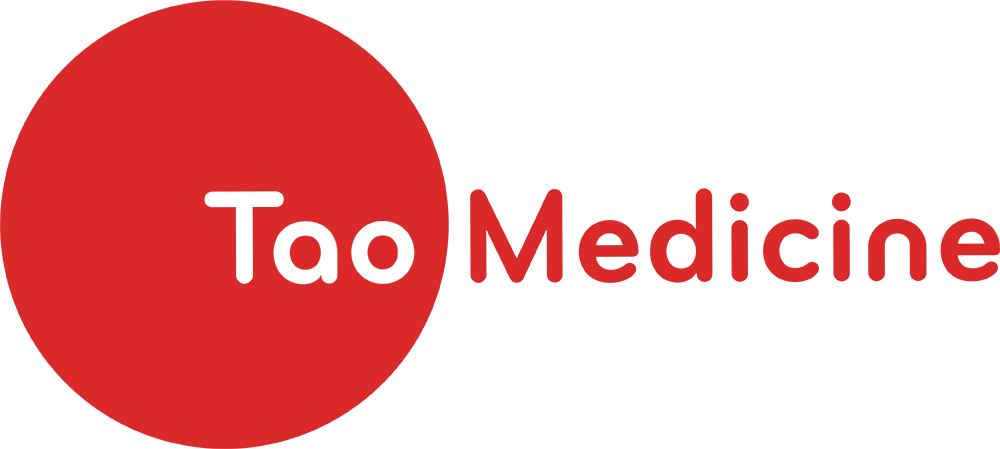Acupuncture has been used to treat and minimize the discomfort of menopause for millennia.
Menopause is a natural and physiological phenomenon that occurs when the ovaries stop producing and secreting hormones (estrogen and progesterone). This transitional period is not an illness, but a normal stage in a woman’s life. Between the ages of forty-five and fifty-five, permanent cessation of menstruation occurs and the ability to reproduce is terminated. Menopause and the years leading up to it (premenopause) are times of adaptation that are not experienced the same way by all women. For Traditional Chinese Medicine (TCM), it is a period of transition where the balance between Yin and Yang is fragile and a temporary imbalance is possible. The extent of the imbalance will be reflected by the intensity and number of signs and symptoms present and explain differences between individual women. Acupuncture and TCM offer a customized follow-up to treat identified imbalances and their symptoms in order to ease this transition.
The symptoms of menopause are:
- irregular periods
- night sweats
- hot flashes
- insomnia, irritability and mood swings
- fatigue, difficulty concentrating
- memory loss
- weight gain
- joint pain
- changes in skin texture and appearance
- vaginal dryness
- urinary incontinence
- loss of sexual desire
- loss of bone density
According to Traditional Chinese Medicine
In Traditional Chinese Medicine (TCM), menopause is normal and primarily related to the natural decline in the “Kidney System” energy. This decline occurs gradually over the course of our lives and also depends on the following factors:
- hereditary baggage from our parents
- good habits and lifestyle choices including diet, sleep and exercise
- life circumstances (trials, emotions, stress, illnesses, social environment, etc.)
Like all other “TCM Systems,” the “Kidney System” has two polarities: “Kidney Yin” and “Kidney Yang” which represent opposite but complementary energetic properties. One cannot function without the other. The concept of YIN represents matter, body mass and is associated with cold, rest, the descent of energy movement, the water element, night, etc. The concept of YANG represents movement, circulation and is associated with heat, activity, the rise of energetic movement, the element of fire, daylight, etc.
During menopause, towards the end of our forties, it is in the Yin energy of the kidneys that we most often see a decrease among women. This brings about a relative imbalance in the harmony between the Yin and Yang energies and explains the symptoms associated with menopause. For example, when “Kidney Yin,” has lost its ability to moisturize and cool, Yang escapes, causing hot flashes, sweating and symptoms of dryness.
How does acupuncture work?
Basic acupuncture treatment tones the kidney’s Yin energy to strengthen its vitality and soothe the outflow of heat upwards and, by the same token, alleviate the symptoms. Acupuncture will also treat any other condition that may increase the decline in Yin or any other energy imbalance that may influence this transition period.
Acupuncture treatments and the TCM approach
Ideally, it is best to consult an acupuncturist right at the onset of symptoms in order to make the necessary adjustments to the energies of the “Kidney System” and to maintain the balance between Yin and Yang as much as possible in order to minimize associated symptoms. In addition to personalized acupuncture treatments, your acupuncturist may offer sound advice to improve your lifestyle and your diet (according to the principles of TCM dietetics) in order to encourage what is best for the kidney’s energy and prevent exacerbating symptoms.
Source: https://www.acupuncture-quebec.com/informations-acupuncture/4-menopause.html
